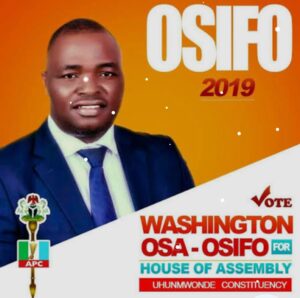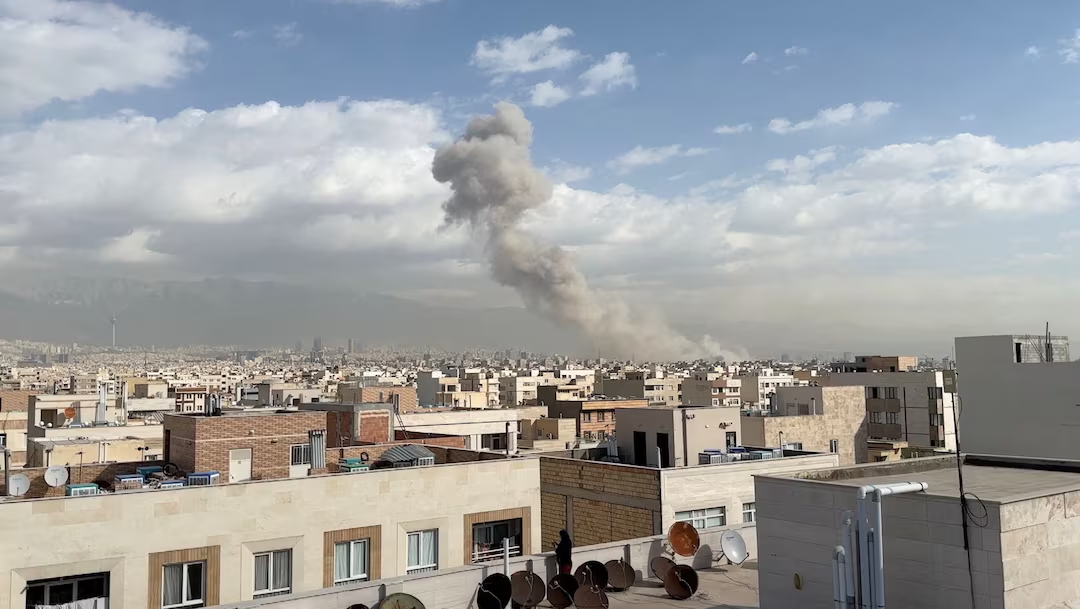A Note on Positive Developments in Nigeria’s Ailing Electricity Sector

Prof Edoba Omoregie
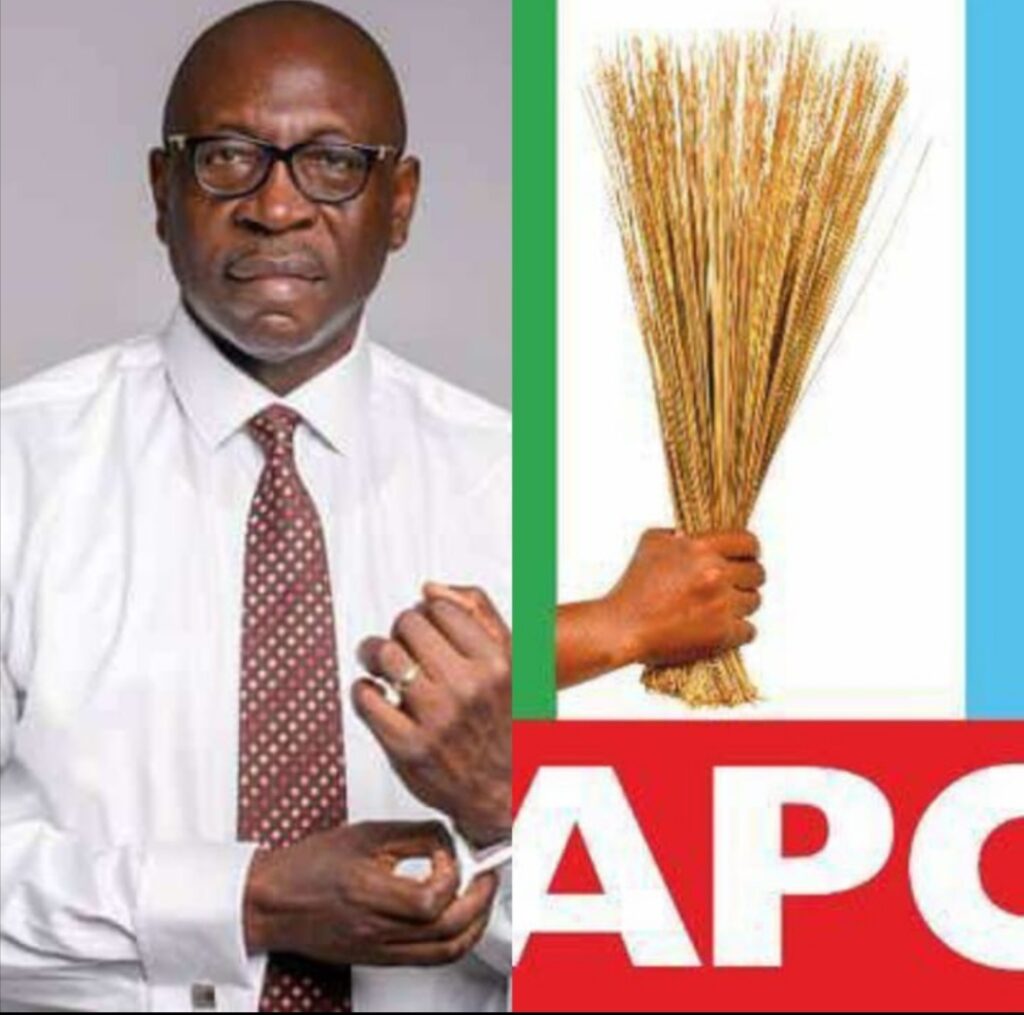
By Edoba Omoregie
The reality about our electricity situation is that we cannot have a stable electricity supply system through top down regulation.
That unsustainable and unproductive system has kept our electricity system down for years; and by extension, obstructed the rapid development of the country over the years.
Simply put, our electricity supply challenges over the years is the result of the centralized model we operated for years. Until certain changes were made recently, apparently not yet well-known to many Nigerians.

For many years, government was the sole operator and provider of electricity through the Electricity Corporation of Nigeria (ECN); later the National Electric Power Authority (NEPA) and finally the Power Holding Company of Nigeria (PHCN).
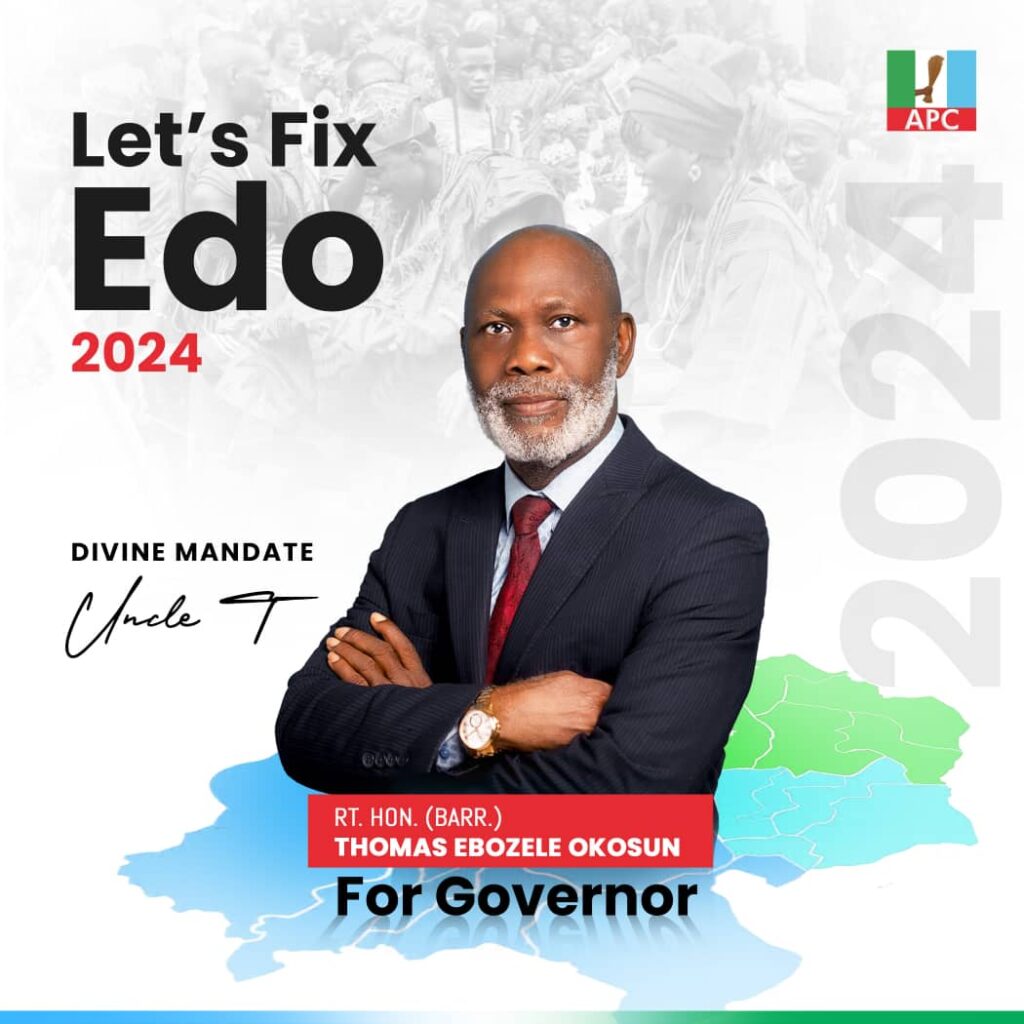
These were centrally run government monopolies that generated, transmitted and distributed electricity at different times for many years using the grid network. They failed to satisfy the need of the general public for stable electricity.
Then, government decided to privatize the generation and distribution systems but (for purely political reasons) retained direct management of the transmission lines through the Transmission Company of Nigeria (TCN). That remained the status quo until a few months ago.

As we all can attest, privatization of the sector (the generation and distribution sectors) has not been the silver bullet that many thought it would be. But, why has privatization not worked as expected?
While we embraced privatization, we didn’t understand or refused to accept the reality that for a huge country like ours, we cannot operate a natural monopoly which electricity business is, by centralized regulation.

The Constitution had limited electricity to federal control in areas covered by the National Grid system. That shut out the states from the sector because virtually every part of the country is under the National Grid.
The result? The federal government covered the entire field and made it difficult for state participation and innovation in the electricity sector.
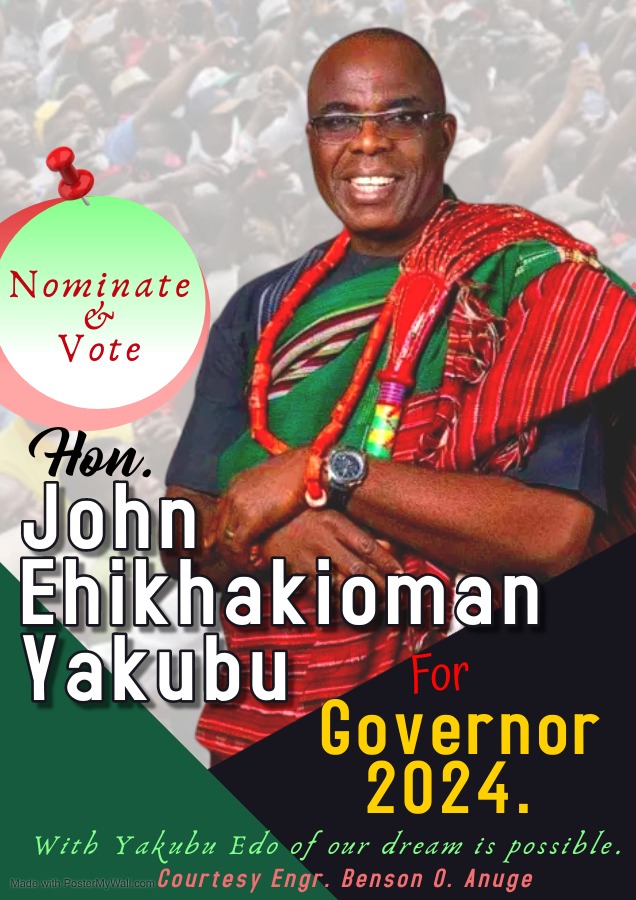
In the last few months, that sad and unproductive situation has been altered by two significant developments: the Alteration of the Constitution to allow for unhindered state participation in the sector, and the passage of the Electricity Act which repeals the Electric Power Sector Act of 2005 and enacts a completely new regime in the electricity sector premised on cooperation between state governments and the federal government in the sector among others.

These significant developments in federalism reform brings Nigeria closer to the comparative experience of many thriving federations with regard to how the electricity industry is regulated.
The next stage is for citizens to pressure their state governments to take full advantage of this new vista.
The ball is now in our court as citizens of our various states.
Professor Edoba Omoregie, SAN is a professor of comparative constitutional law and currently with the National Institute for Legislative and Democratic Studies, Abuja.






